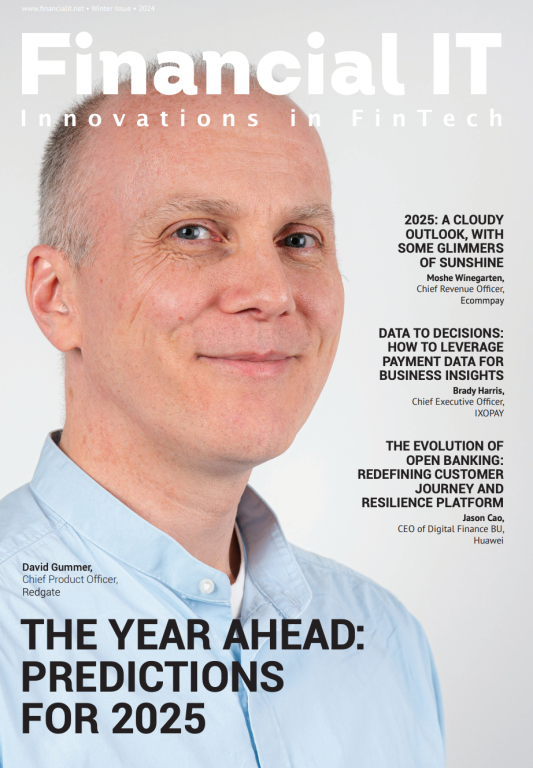Treasury Prime Expands Bank Network With KeyBank,...
- 28.02.2025 08:55 am
Nacha Welcomes ACI Worldwide to Its Preferred Partner...
- 28.02.2025 08:45 am
First Community Credit Union Selects the Fiserv Award-...
- 28.02.2025 08:35 am
A New Way to Pay: Unzer Launches Direct Bank Transfer
- 27.02.2025 09:05 am
Zeta Launches Selene: Gen AI Customer Support Agent...
- 26.02.2025 09:15 am
Zopa to Move to Landmark New Headquarters Amidst 2025...
- 25.02.2025 08:45 am
Renasant Bank Deepens NCR Atleos Collaboration to...
- 25.02.2025 08:20 am
The Freedom Bank of Virginia Partners with Apiture to...
- 21.02.2025 09:00 am
Finzly Enhances Live Oak Bank Wire Services With 100%...
- 20.02.2025 02:35 pm
Thunes Expands Its Direct Global Network Into Taiwan
- 20.02.2025 09:35 am
Openbank Launches in Mexico
- 19.02.2025 12:15 pm
FintechOS Launches Evolv, Bringing Advanced AI...
- 19.02.2025 08:35 am






















